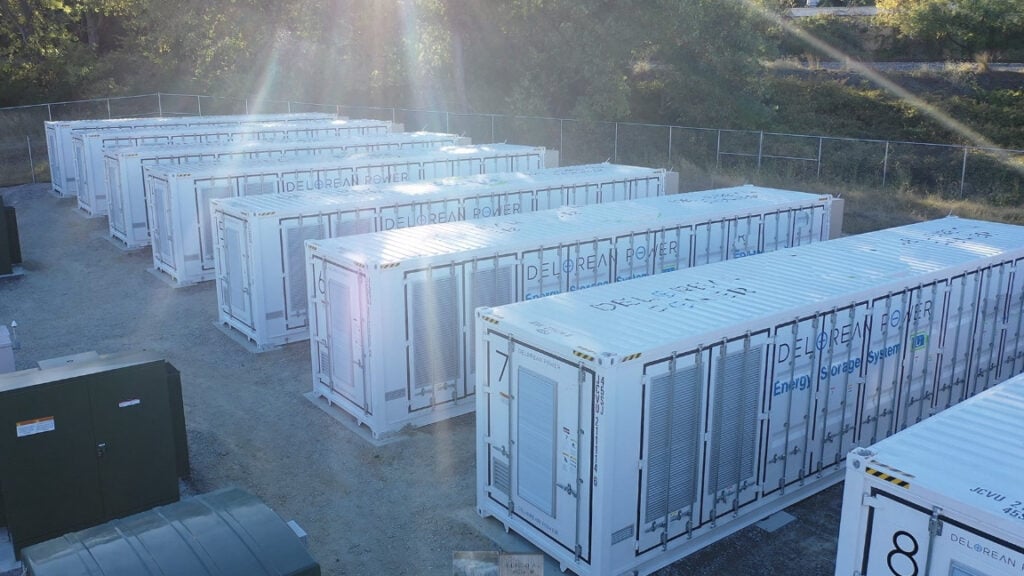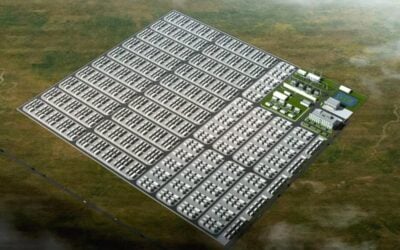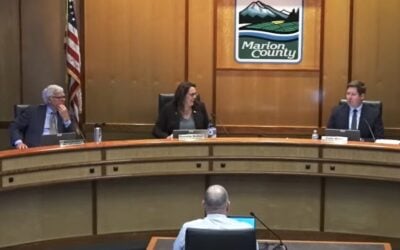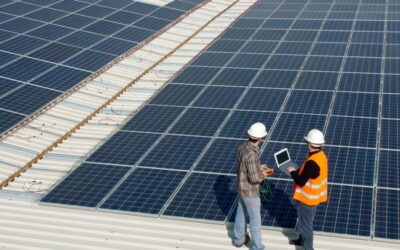
A trio of recent project announcements from the Northeast US highlights the growing use of battery storage to aid electricity suppliers in maintaining stability of their networks.
This site largely focuses on the growing fleets of large-scale battery energy storage system (BESS) projects, for which it is increasingly common to see projects at 100MW or more at a single site, especially in Southwest US regions like California, Texas, Arizona and Nevada.
Enjoy 12 months of exclusive analysis
- Regular insight and analysis of the industry’s biggest developments
- In-depth interviews with the industry’s leading figures
- Annual digital subscription to the PV Tech Power journal
- Discounts on Solar Media’s portfolio of events, in-person and virtual
While it’s logical for Energy-Storage.news to spend most of its time looking at those large-scale projects and who is building them, who supplies them, who owns them and so on, it would be remiss of us if activity in other regions went unreported.
Here then, are three BESS projects in the Northeast US, which while not of the same individual scale as some of the bigger projects we see, help tell the story of BESS adoption across the country.
New York: BESS as alternative to traditional network upgrades
The story of large-scale front-of-the-meter BESS in New York is a complex one, and as reported by this site over the past year or so, has been characterised by a very slow start to even touching the sides in getting to the state’s ambitious 6GW by 2030 deployment target.
Meanwhile, various distribution level projects have been ongoing, and developer Agilitas Energy said earlier this month that it has brought into commercial operation a non-wires alternative (NWA) BESS project for utility company Con Edison.
NWA or non-wires solution (NWS) projects, as the names suggest, are built in locations where battery storage can serve as a cheaper and quicker way to upgrade electricity delivery networks than conventional infrastructure upgrades that also minimises disruption to their operation while being deployed.
Agilitas won a 2019 Con Edison Request for Proposals (RFP) for a NWS in the utility’s networks in the Queens region of New York City. Con Edison (ConEd) was seeking cost-effective guarantees to lower its peak load on three of its networks and Agilitas’ winning proposal was for its standalone BESS in Long Island City.
The BESS, which is 4.8MW/23.7MWh, enables ConEd to defer investing in its network infrastructure in the area for up to four years. Agilitas Energy has a 10-year contract in place to discharge up to four hours of energy stored in the batteries during the utility’s peak demand period from the beginning of May until the end of September.
In an interview in June for Energy-Storage.news Premium, Agilitas CEO Barrett Bilotta said the focus on the distributed end of the BESS market allowed the developer to minimise downside risk as part of its strategy.
Massachusetts: 18MWh of BESS yields US$10 million in savings
Two battery storage systems will help municipally owned Groton Electric Light Department (GELD) in Middlesex County, Massachusetts, make significant cost savings, reduce its reliance on diesel generators and add emergency backup.
Delorean Power, like Agilitas Energy an developer, owner and operator of distributed scale battery storage projects, announced last week that it will carry out two battery storage projects, each of 2MW/9MWh, for GELD.
Expected operational start date for the pair is mid-2024, and the BESS assets will charge from the grid during off-peak times when energy is cheaper and discharge when demand peaks.
In addition to “actively reducing energy consumption during these critical times,” as Delorean Power put it, they also offer opportunities to lower carbon intensity on GELD’s grid, with off-peak times generally representing the hours when renewable energy production is most abundant.
Delorean Power co-founder and managing partner Rory Jones claimed the projects will “deliver major financial savings to the community of Groton in the range of ten million dollars” over their lifetime.
One project will be built at an existing GELD utility substation, while the other will be at the premises of a new local school which is under construction. The BESS at the school site will also be usable as an emergency backup power source in the event of outages resulting from natural disasters or other causes. The batteries would replace diesel generators which would otherwise serve the same purpose.
Delorean Power is currently also building a 5MW/22MWh BESS for another Massachusetts municipal utility, Holden Municipal Light Department (HMLD), expected to come online in October next year.
Maryland: Pilot helps utility overcome capacity constraints
BGE, a utility headquartered in Baltimore, Maryland, will benefit from Fairhaven, a newly completed 2.5MW/9.74MWh BESS in the town of Chesapeake Beach.
As with another BESS installed and brought online towards the beginning of this year by the utility, which is a subsidiary of energy holding company Exelon, the system has been developed as a result of a Maryland state pilot programme.
In the pilot, utilities have been tasked with deploying battery storage systems that provide a range of applications, and more significantly will be under a variety of different ownership models. For example, in December last year utility Potomac Edison brought online a BESS paired with EV charging infrastructure.
BGE did not mention which companies provided the BESS technology or carried out the installation in a release sent to media including Energy-Storage.news, but it did note that the utility will own and operate the project, and when not being used to help BGE alleviate capacity constraints on its grid, will be able to play into PJM Interconnection wholesale market opportunities.
BGE said the two BESS projects will enhance reliability of service for 9,000 of its customers, while also allowing the utility to defer investment into undergrounding 10 miles of electric distribution equipment, which would be much more expensive.
Two other Exelon-owned energy suppliers in Maryland, Pepco and Delmarva Power, are also building BESS pilot projects under the Maryland Energy Storage Pilot Project Act of 2019, with the state figuring out the best way forward to hit its target of deploying 3,000MW of energy storage by 2033.
BGE itself is targeting net zero emissions status by 2050 and aims to reduce operational emissions 50% by 2030.
“Now operational, the Fairhaven battery storage facility is providing nearby communities with improved service resiliency in advance of the coldest days of winter while supporting Maryland’s ambitious clean energy goals,” BGE VP of regulatory policy and strategy Mark Case said.
The new Fairhaven project came online on 10 November, BGE said.






